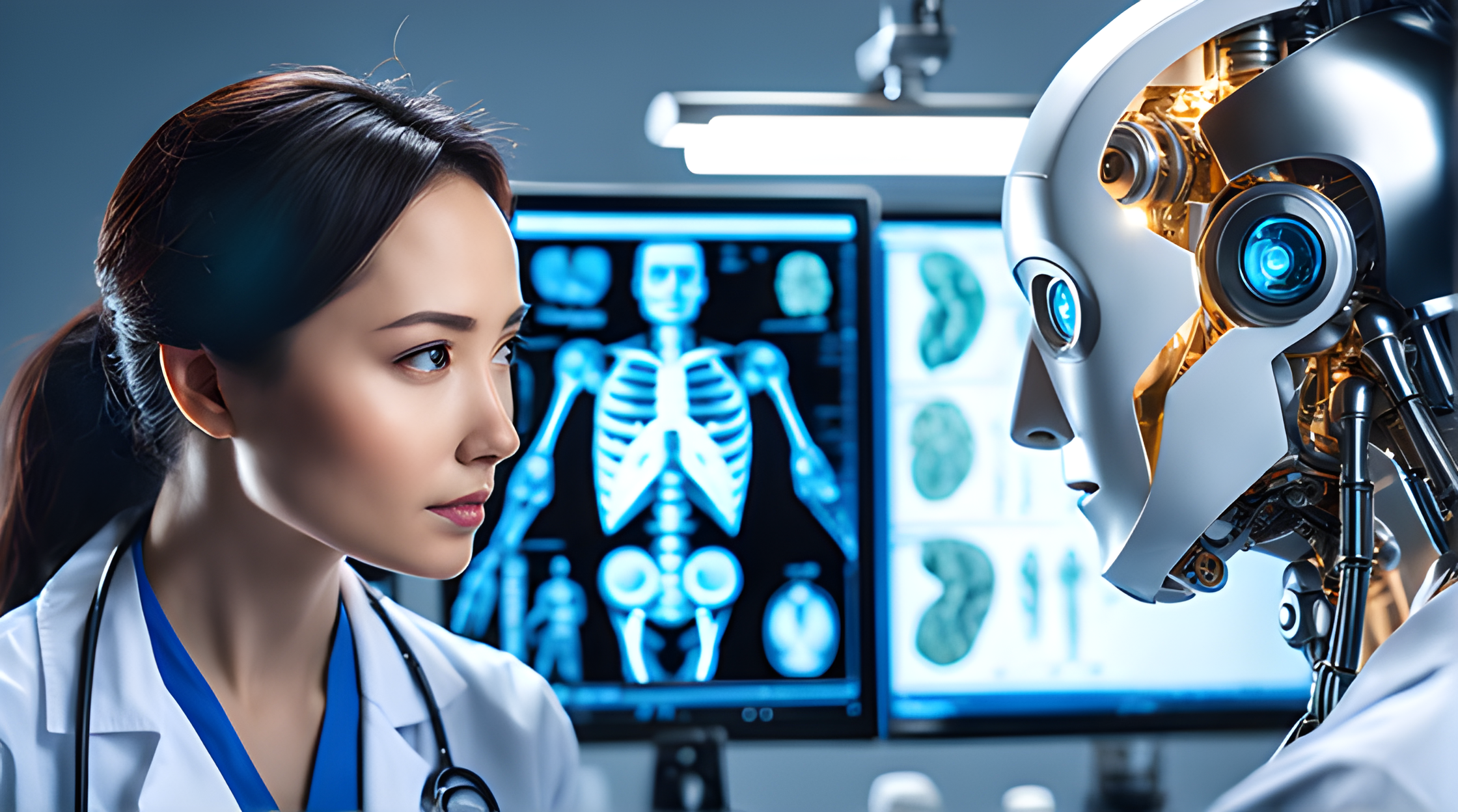In recent years, artificial intelligence has played a very important role in the healthcare sector. Now, it’s one of the AI-powered tools that are changing the medical field is the AI doctor. It’s an online tool that uses advanced AI technology to diagnose your symptoms. But here one question comes into mind, which is whether this AI-powered doctor is as accurate as a human doctor. So to help you with this question, read the following article as we have discussed it in detail.
How Does an AI-Doctor Work?
The AI doctor processes information in three steps:
- Input Data: In the first step, the AI-doctor chat collects data that you entered into the tool such as symptoms, lab results, or medical histories.
- Analysis: Once the tool collects the data, it then compares it with the vast medical database. The tool then identifies the patterns and matches them with the symptoms given by the patient.
- Output: When the analysis process is completed, the tool then provides you with the best possible suggestions. If the tool finds your condition critical then it advices you to visit the doctor.
This way, AI-doctor tools can respond to you quickly and suggest you best possible solutions right away.
How Accurate Are AI-Doctors?
You wouldn’t believe that the AI-powered doctor is accurate most of the time but it has some limitations as well. So let’s discuss both:
Strengths of AI-Doctors
- Fast and Data-Driven: AI systems have the ability to analyze from its huge datasets very quickly. For example, they can review thousands of medical cases in a couple of seconds to identify patterns. Which can’t be done by a human doctor alone.
- Consistent Results: Unlike humans, AI doesn’t get tired, distracted, or emotional. Therefore, you can get the content results without any variations.
- Specialized Tasks: In specific areas, such as reading X-rays, diagnosing skin conditions, or detecting eye diseases, AI-tools can sometimes equal or exceed the performance of human doctors.
Limitations of AI-Doctors
- Lack of Context: AI relies solely on the data that is pre-feeded to the tool. Due to this, the tool doesn’t account for personal factors like your family history, lifestyle, or emotional well-being.
- Complex Cases: In situations where creative thinking is required, no tool can beat human doctors. Because AI finds it difficult to respond in such situations about which the tool is not programmed.
- Ethical Concerns: Another downside of AI-doctor is that they cannot provide empathy. They also don’t have the ability to build trust with patients, which is a very important part of healthcare.
Overall, an AI-doctor is accurate in specific and clearly defined tasks. However, it cannot replace the expertise and judgment of human doctors in complex cases.
Human Doctor vs. AI Doctor: A Comparison
Here’s a quick comparison to highlight their roles:
| Feature | AI-Doctor | Human Doctor |
| Speed | Analyzes data instantly | Takes time for evaluations |
| Emotional Support | None | Provides empathy |
| Handling Complex Cases | Limited | Highly skilled |
| Accessibility | Available 24/7 | Limited by schedules |
Both AI and human doctors serve in their own ways. While doctor AI chatbots can provide you with quick answers for minor health issues. Whereas, human doctors are very important when the case is complex or critical.
Can AI-Doctors Replace Human Doctors?
The short answer is no. AI doctors complement human doctors rather than replace them. They act as tools to assist in decision-making, reduce workload, and improve efficiency.
For example, AI medical assistants can help doctors by identifying patterns in test results or suggesting possible diagnoses. However, they cannot replicate the human touch, intuition, or experience needed for patient care.
In the future, AI and human doctors will likely work together more closely, combining the strengths of both to improve healthcare.



